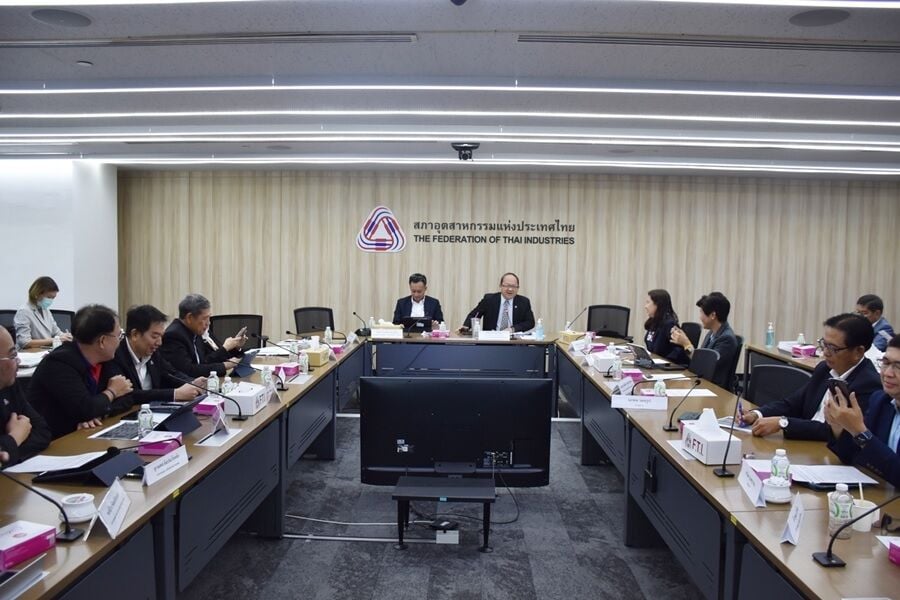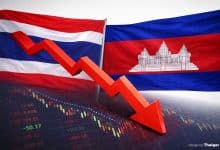Thailand’s border trade faces slowdown amid regional politics

The Federation of Thai Industries (FTI) predicts a slowdown in Thailand’s border trade for the current year due to political turmoil in Myanmar and economic issues in other neighbouring nations. Myanmar, Laos, Malaysia, and Cambodia, nations that share borders with Thailand, are facing obstacles to their economic growth, says Montri Mahaplerkpong, the FTI Vice-Chairman.
Among the challenges, he highlights the ongoing struggle to manage an anti-government uprising in Myanmar. Other neighbouring countries are dealing with negative economic impacts, including high inflation rates and rising household debts.
Trade volumes with most of these nations have seen a decline. Trade with Myanmar has fallen by 11.1%, Malaysia has seen a drop of 11.7%, and Cambodia’s trade has plunged by 19.2%. The only exception appears to be Laos, where Thailand’s trade has increased by 1.16%.
In light of these circumstances, the FTI recommends that Thai exporters utilise the baht, Thailand’s currency, as the primary exchange currency for their trade with these nations. Montri explains that the baht is financially healthier compared to Myanmar’s kyat, Laos’s kip, and Cambodia’s rial, which he describes as weak and susceptible to fluctuation.
In the previous year, Thailand’s total border trade value saw a decrease of 12%, amounting to roughly 930 billion baht. This included a 10.3% decline in export value to 580 billion baht and a 14.7% drop in import value to around 350 billion baht.
Additionally, Montri notes that an influx of inexpensive Chinese products into these neighbouring nations is causing issues for local manufacturers. Thailand is grappling with the impact of this issue on its manufacturing sector.
Earlier, the FTI reported that up to 20 industrial sectors are struggling to compete against these cheap imports. These sectors include steel, aluminium, plastics, ceramics, petrochemicals, and medicine. Small and medium-sized enterprises seem to be the hardest hit, with some local manufacturers reducing production by up to 50% due to the competition, reported Bangkok Post.
Latest Thailand News
Follow The Thaiger on Google News:


























